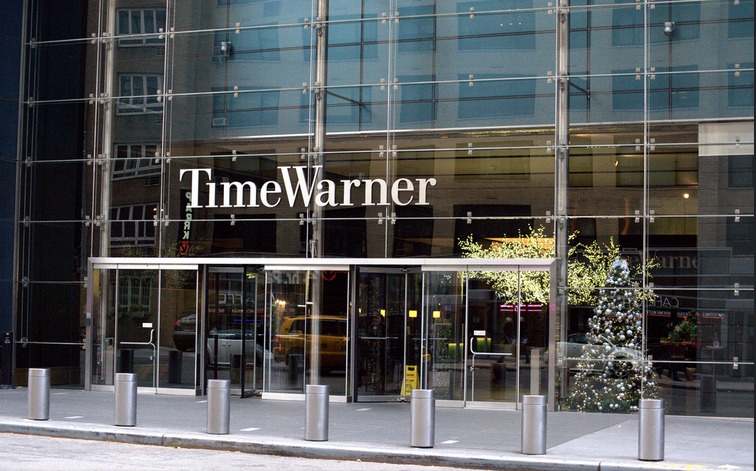The U.S. government’s partial shutdown caused increased market volatility in the first half of October. Although the government managed to raise the debt ceiling by the Oct. 17 deadline, the fact that the shutdown lasted over two weeks will undoubtedly have some negative impact on the U.S. economy.
I believe that as a result of the shutdown, US GDP growth in this quarter may be a 0.5 percentage point lower.
Market sentiment regarding the economy has lately turned somewhat negative given some mixed company earnings and the slowing housing market. While the markets at the beginning of September expected the Federal Reserve to taper its asset purchase program sometime this year, according to the median of 40 responses in a Bloomberg News survey of economists, now the markets seem to believe that tapering is unlikely to start before March 2014.
Moderate economic growth coupled with low inflation and a still-weak job market are behind the reasons why markets have discounted an earlier reduction in QE.
The Fed needs to see more evidence of sustained improvement in unemployment before reducing the pace of its monthly asset-purchase program. We were slightly more pessimistic than the market about the economic recovery in September and had the contrarian view of “no tapering.”
At this point, our view on the U.S. economy continues to be cautious. We expect a reduction in quantitative easing by the first quarter of 2014. Given the low inflation rate, a hike in short-term interest rates seems unlikely before the last quarter of 2014.
As far as the earnings results of the stocks in our portfolio are concerned, a few are worth mentioning. Apple (AAPL) beat EPS estimates by 37 cents, earning $8.26 a share. We maintain the positive view that this stock is currently undervalued and has a strong upward potential.
The other stock that is worthy of mentioning is Facebook (FB). The company reported a 60% revenue increase from the same quarter last year. Despite these stellar results, the markets were spooked by FB’s admission of a drop in teen usage.
We find that the market reaction to this comment was vastly exaggerated. FB’s advertisement revenues are growing strongly and as far as the demographics of consumer spending is concerned, teenagers are not expected to be a major contributor given that the average age of the US population is 37.
It is not clear why advertisers would be that concerned with the drop in teen usage when they are mostly aiming at an older demographic cohort with spending power. We maintain the view that the negative comments of FB executives were totally blown out of proportion.
In October, we made two trades. We took profit on Chevron (NYSE: CVX). According to our stock selection model, this stock did not have much upside left in it. Besides, given the weakness in oil prices in the near term, we preferred to reduce our exposure to energy-related stocks.
We purchased Michael Kors Holdings (NYSE: KORS) in October. This affordable luxury brand has impressive revenue growth of 62% and earnings growth of 147% in the last 12 months.
Although a PE ratio of 32.80 as of November 5 may look expensive, I believe this growth stock will continue to benefit from a revival in emerging markets and maintain its growth momentum in the next few years.
The investments discussed are held in client accounts as of October 31, 2013. These investments may or may not be currently held in client accounts. The reader should not assume that any investments identified were or will be profitable or that any investment recommendations or investment decisions we make in the future will be profitable. Past performance is no guarantee of future results.


